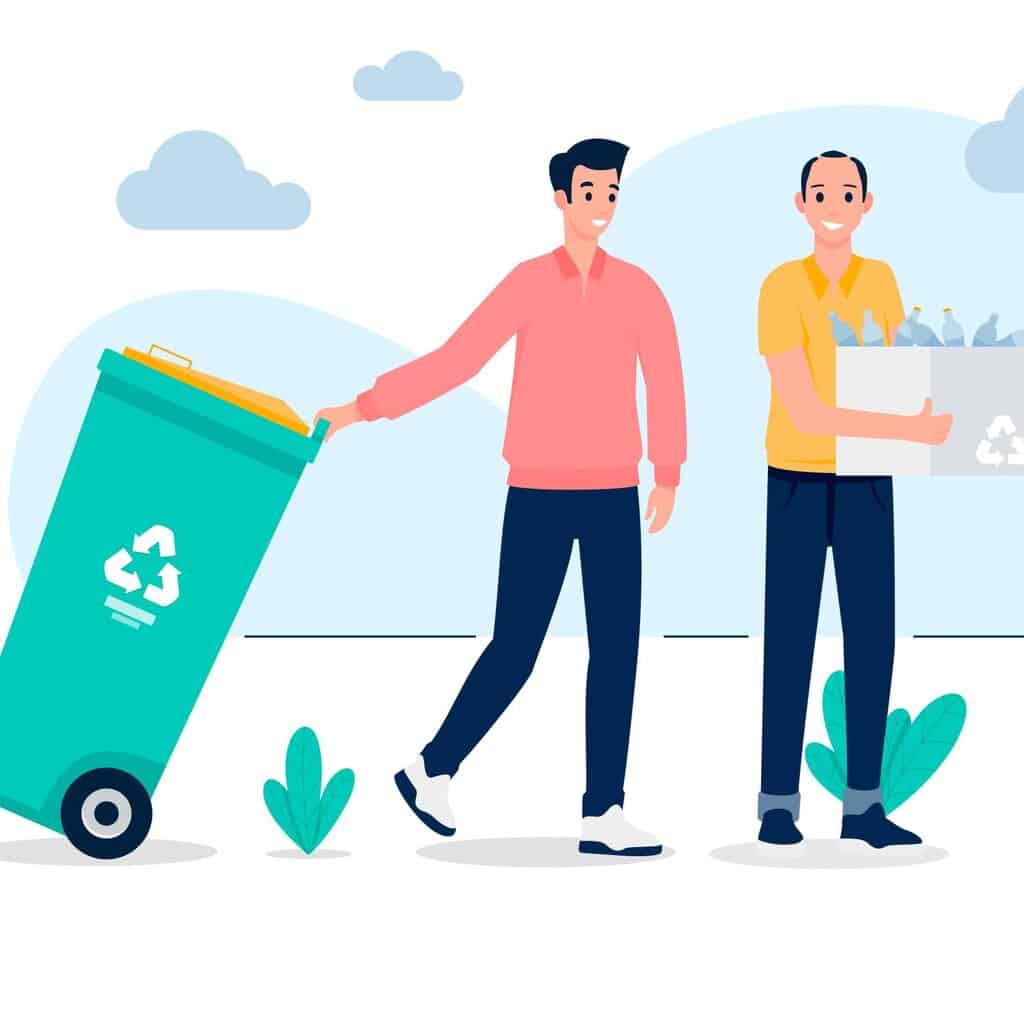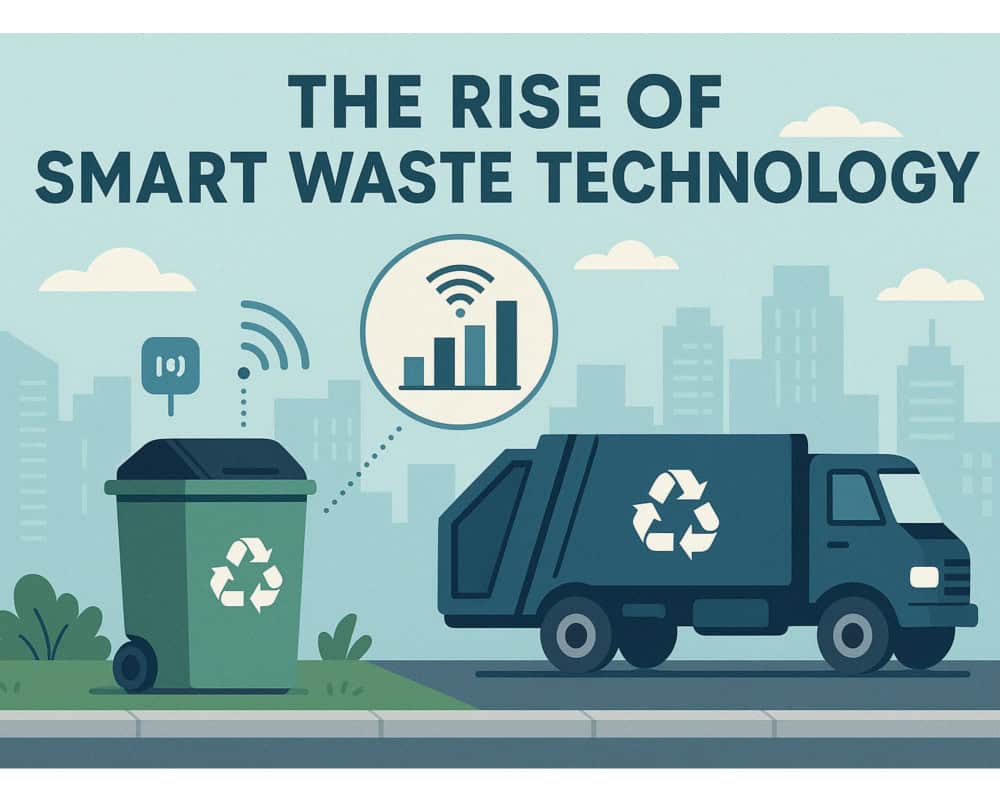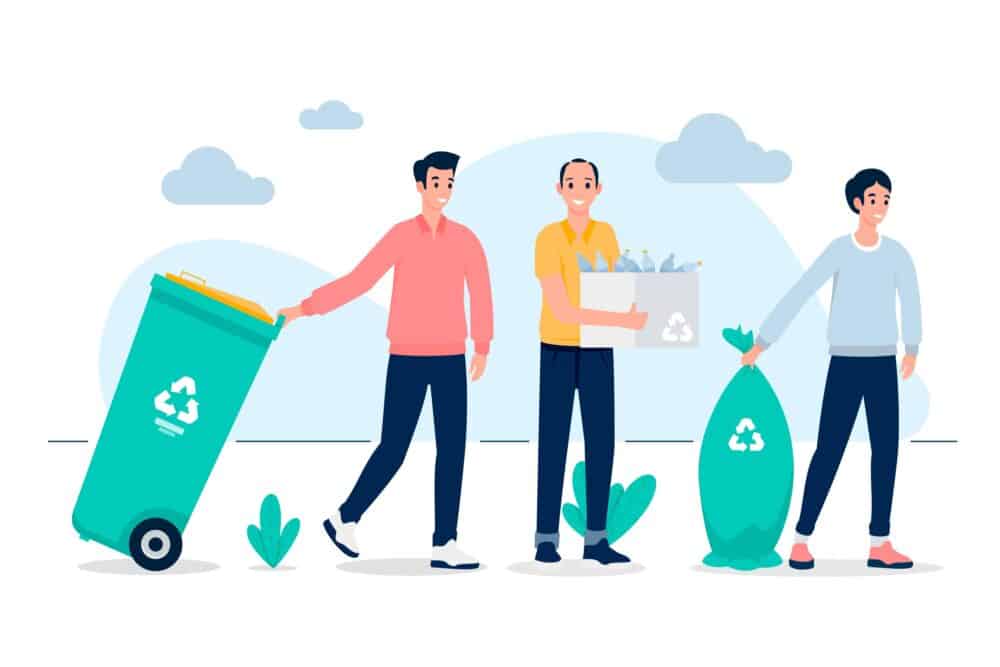
The Future of Waste Management: Innovative Trends and Eco-Friendly Practices
Table of Contents
In today’s fast-paced world, the importance of effective waste management has surged alongside urban development. This article delves into innovative trends redefining waste management and eco-friendly practices that could become mainstays in protecting our planet. These technologies and strategies are invaluable for cities facing increasing pressures to maintain cleanliness and reduce environmental impact.
Environmental urgency has pushed many regions toward sustainable waste management solutions. With growing concerns over landfill overuse and pollution, the need for technology integration in waste practices is more apparent than ever. By embracing innovative waste technologies and fostering community participation, we are progressing toward significant reductions in waste production.
The Rise of Smart Waste Technology

As cities worldwide grapple with the logistical challenges of waste management, many are turning to innovative technology for relief. Smart bins, for instance, are revolutionising traditional waste collection methods. Equipped with Iot sensors, these bins provide real-time data on their fill levels, allowing for optimised waste pickup routes that minimise fuel consumption and reduce emissions. This not only makes the process more efficient but also more environmentally friendly. As these technologies become more widespread, they are changing the face of municipal waste management, offering new opportunities for cities to innovate and improve their environmental footprints. Efficient systems like Dallas trash pickup are not just necessities in sprawling cities but are part of a global movement toward sustainability.
Moreover, data analytics plays a crucial role in enhancing the efficiency and effectiveness of waste management. By analyzing trends and patterns in waste disposal, cities can adjust their recycling programs and waste management strategies to meet their populations’ needs better. This proactive approach saves costs and supports sustainable urban planning and development.
Sustainable Waste Management Techniques
The cornerstone of modern waste management lies in sustainability. As the global environmental outlook becomes more precarious, communities are launching comprehensive initiatives in composting and recycling. These efforts are reducing the volume of waste sent to landfills and fostering a circular economy where waste is transformed into valuable resources. According to the Natural Resources Defense Council, such practices are vital in preserving our natural resources and maintaining ecological balance.
Anaerobic digestion is another promising avenue for managing organic waste. This process decomposes organic matter without oxygen, producing biogas that can be harnessed as a renewable energy source. This helps lessen reliance on fossil fuels while providing a sustainable method for waste disposal, showing great potential for broader implementation.
The Role of Policy and Regulation
Government intervention is often a pivotal driver for change in waste management. Governments worldwide encourage industries to adopt greener waste disposal practices through stringent regulations and progressive policies. Regulatory frameworks are often complemented by incentives for reducing waste, promoting recycling, and using sustainable materials. These government interventions can give rise to infrastructures that support these eco-friendly practices, preparing societies to handle growing waste concerns as populations increase.
Globally, collaboration among nations is vital. By sharing knowledge, technologies, and innovative practices, countries can effectively create integrated strategies that tackle waste management challenges. International forums and summits focused on environmental issues provide a platform for such collaborations, fostering a united front against ecological degradation.
Community Engagement and Education
While policies set the groundwork, community engagement brings the vision of sustainable waste management to life. By involving local populations in initiatives such as waste segregation and recycling drives, communities see tangible reductions in waste production. Public education programs are integral to this effort, spreading awareness of how individual actions contribute significantly to long-term ecological health.
Successful educational efforts, which may include school workshops and public awareness campaigns, have ambitiously tackled waste reduction by embedding these practices deeply into community lifestyles. These programs drive behavioural change and foster a culture of responsibility and accountability in waste matters.
Corporate Responsibility and Innovations
The movement towards sustainability has manifested in numerous inventive ways in the corporate realm. Companies striving for zero waste are setting the standard for responsible business operations. By upcycling, businesses transform potential waste into new, usable products, furthering environmental goals while promoting innovation.
Eco-designs in manufacturing represent yet another arena where sustainability is being prioritized. By incorporating sustainable practices, businesses reduce waste and inspire other industry players to follow suit. This corporate trend towards eco-consciousness promotes sustainable development and responsible consumption, which are vital components of a thriving future economy.
Challenges and Opportunities in Waste Management
Despite these advancements, challenges like plastic pollution and electronic waste persist, highlighting ongoing environmental threats. Effectively combating these issues requires a multifaceted approach that leverages technology, policy, and public action, augmented by worldwide cooperation. Approaches suggested by the Environmental Protection Agency include heightened public awareness programs and stricter regulation of high-polluting industries, reinforcing the battle against environmental degradation.
Emerging markets also present unique challenges and opportunities in waste management. Economic growth in these regions often leads to increased waste production, necessitating rapid adaptation and the adoption of sustainable practices. However, these markets also offer a blank canvas for implementing cutting-edge waste management technologies and practices, potentially leapfrogging outdated systems and setting new precedents in the environmental sector.
Steps to Improve Personal Waste Management at Home
On an individual level, vastly improving waste management often begins at home. Implementing small, actionable steps toward reducing, reusing, and recycling can substantially impact. For example, using reusable bags instead of plastic, sorting recyclables correctly, and practising composting can diminish household waste considerably.
Simple changes like choosing products with eco-friendly packaging or supporting companies committed to sustainable practices can further amplify these efforts. In this regard, every person has the potential to contribute to a future that’s shaped by responsibility and sustainability. Encouraging household members and friends to adopt these practices can create community-wide change, demonstrating the power of collective action in environmental preservation.
Concluding Thoughts
Looking ahead, innovations and a collective commitment to environmental sustainability shape waste management’s future. Embracing these trends and practices equips us with the tools necessary to reduce our ecological footprint and protect our planet for future generations. Through informed and involved action, we can ensure a cleaner, more sustainable future for our world.
Ultimately, waste management is not just an environmental issue but an opportunity for social and economic advancement. By integrating sustainable waste practices into everyday life, from governmental policies to individual behaviours, we can pave the way for a world that prioritises ecological balance alongside progress and development. The journey to a sustainable future is complex but achievable with concerted efforts and shared responsibility.




